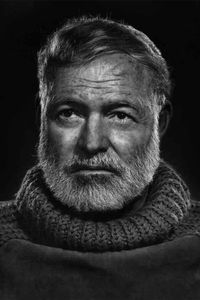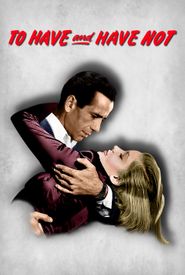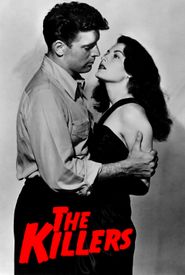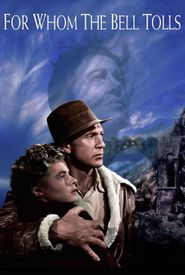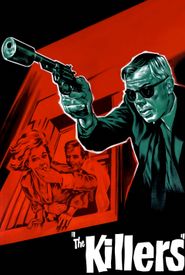Ernest Hemingway was a renowned American writer who received the prestigious Pulitzer Prize in 1953 and the Nobel Prize in Literature in 1954 for his novel "The Old Man and the Sea". Born to a physician father and a domineering mother, Hemingway's early life was marked by his father's interests in history and literature, as well as his love for outdoor activities such as fishing and hunting.
Hemingway's mother, who had always wanted a daughter, dressed him as a girl and called him Ernestine. She also had a habit of physically and emotionally abusing his quiet father, who suffered from diabetes. Tragically, Hemingway's father eventually took his own life. Ernest later described the community in his hometown as having "wide lawns and narrow minds".
After graduating from high school in 1916, Hemingway began his writing career as a reporter for The Kansas City Star. There, he adopted his distinctive minimalist style by following the Star's style guide. Six months later, he joined the Ambulance Corps in World War I and worked as an ambulance driver on the Italian front, where he was seriously wounded by a mortar shell and left with shrapnel in both legs.
Hemingway's experiences in World War I had a profound impact on his life and writing. He continued his writing career, working for the Toronto Star and marrying Hadley Richardson in 1921. The couple moved to Paris, where Hemingway became a reporter for the Toronto Star and published his first books, including "Three Stories and Ten Poems" and "In Our Time".
In Paris, Hemingway became part of the circle of American and British expatriate writers, including Gertrude Stein, F. Scott Fitzgerald, and Ezra Pound. He was heavily influenced by Russian writers such as Lev Tolstoy, Fyodor Dostoevsky, Ivan Turgenev, and Anton Chekhov, and met Pablo Picasso and other artists through Gertrude Stein. Hemingway's experiences in Paris during the 1920s were immortalized in his classic memoir "A Moveable Feast", published posthumously in 1964.
Hemingway's later years were marked by his participation in the Spanish Civil War and his experiences in World War II, where he was decorated with the Bronze Star for his actions. He settled in Cuba, where he wrote his best-known work, "The Old Man and the Sea", for which he won the Pulitzer Prize and the Nobel Prize in Literature.
